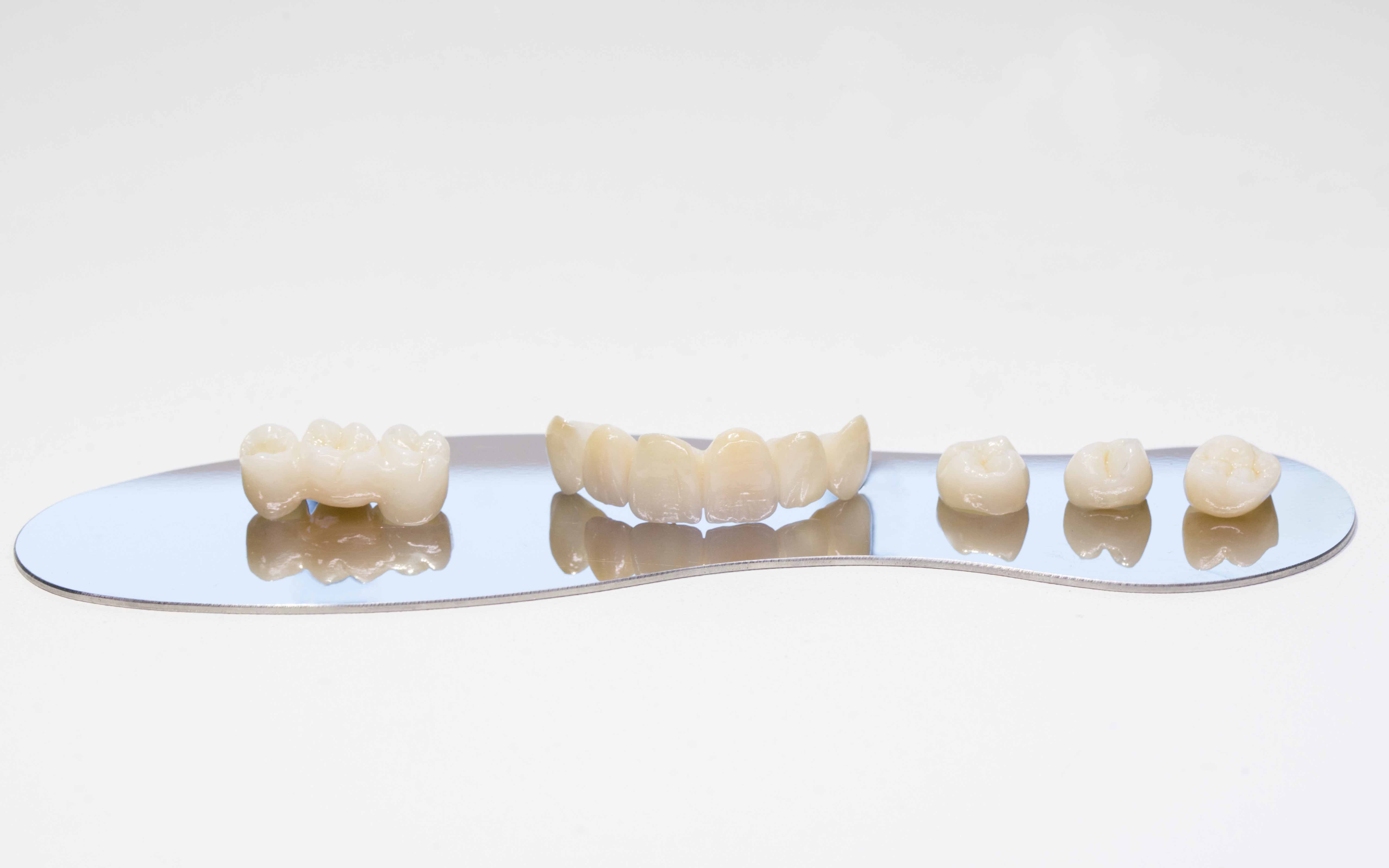
What is a Dental Cord?

Dental crowns are caps placed over damaged teeth. Crowns are used to protect, cover and restore shape to your teeth when fillings do not resolve the problem. Dental crowns can be made from metals, porcelain, resin and ceramics. Typically, they do not require special care over time apart from regular good oral hygiene.
What is a Dental Crown?
Your teeth can be damaged over time due to poor oral hygiene, genetic factors or environmental factors. Tooth decay, injuries or simply damaged teeth can lose their shape and length. Dental crowns are tooth-shaped caps that can be placed over your teeth. You can think of dental crowns as a comfortable hat for your teeth. A crown is a veneer that restores the shape, size, strength and appearance of the tooth. The dental crown is attached to your tooth and covers the visible part of the tooth. A dental crown is also known as a dental crown.
Why is a Dental Crown Needed?
You may need dental veneers for a variety of reasons, including;
- Protecting a weak tooth from breaking (possibly from decay) or holding the weakened tooth together if its parts are cracked
- Restoring a broken tooth or a severely worn tooth
- Covering and supporting a tooth with a large filling and excess teeth
- holding a dental bridge in place
- Making misshapen or severely discolored teeth more aesthetic
- Covering a dental implant
- Covering a tooth that has had root canal treatment
What is Onlay Filling and 3/4 Crown Veneer?
There are many types of crowns that can be used on your teeth. Onlays and 3/4 crowns are types of dental crowns that do not cover your underlying tooth as effectively as conventional dental crowns. A traditional crown covers your entire tooth. If you still have a solid tooth structure, onlays and 3/4 crowns may be appropriate. It is considered a more conservative approach compared to having your crown covered completely. In this procedure, your dentist removes the damaged and affected area and reshapes the tooth to fit the dental crown.
What Materials Are Dental Crowns Made Of?
Permanent crowns can be made from many different materials. These materials are:
- Metal crowns: There are several metals that can be used in dental crowns, including gold, palladium, nickel, and chromium. Metal crowns rarely chip or break, they are the most wear resistant crowns. Metal crowns require only a small amount of your tooth to be extracted. They can also withstand biting and chewing forces. Metallic color is the main disadvantage of this type of crown, because they often look unaesthetic. Metal crowns can be a good choice for unseen molars.
- Porcelain crowns fused to metal: This type of veneer can be made in a color similar to the color of the teeth next to the veneer. They have a more natural tooth color. But sometimes the metal under the porcelain head of the crown appears as a dark line. Another disadvantage is the breakage of the porcelain part of the crown and the possibility of eroding the teeth opposite the crown in the mouth . This wear on other teeth especially affects the teeth that come into contact with the crown in the upper and lower parts when your mouth is closed. Metal dental crowns fused with porcelain can be a good choice for anterior or posterior teeth.
- All-resin crowns: Dental crowns made from resin are generally more affordable than other types of crowns. However, they wear over time and are more likely to break than porcelain-fused metal crowns.
- All-ceramic or all-porcelain crowns: This type of veneer provides the best natural color match compared to other veneers. It's also a good choice if you have metal allergies. However, they are not as strong as porcelain crowns fused to metal. In addition, they can wear the opposite teeth in the mouth a little more than metal or resin coatings. All-ceramic crowns are a good choice for anterior teeth.
- Pressed ceramic crowns: These dental crowns have a hard inner core. Pressed ceramic dental crowns replace the metal liner used in the all-ceramic crown making process. Pressed ceramic crowns have the advantage of being covered with porcelain, which provides the best natural color match with other teeth, and therefore offers an aesthetic appearance. They also last longer than all-porcelain veneers.